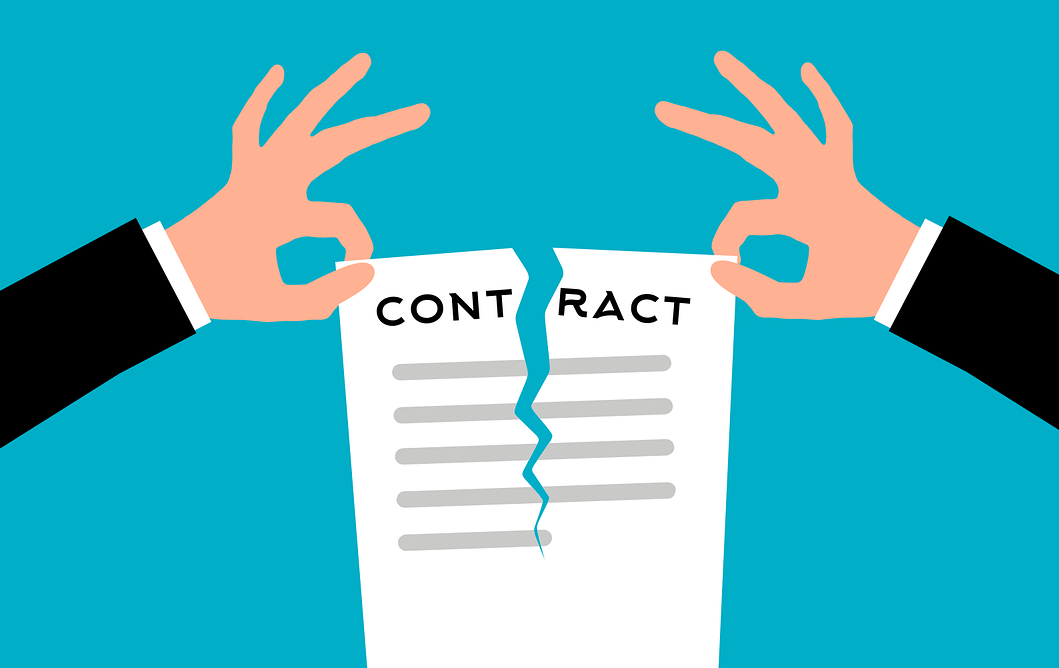The CJEU first holds that conduct adopted by distributors forming part of the distribution network for the products or services of a producer in a dominant position may be imputed to the latter if it is established that that conduct was not adopted independently by the distributors, but forms part of a policy decided unilaterally by that producer and implemented through the distributors.
An undertaking in a dominant position has a special responsibility not to undermine, by its conduct, effective and undistorted competition in the internal market (CJEU 6-9-2017 aff. 413/14 P Intel v Commission, pt 135 and case law cited). Such an obligation is intended to prevent not only harm to competition caused directly by the conduct of the undertaking in a dominant position, but also harm caused by conduct the implementation of which has been delegated by that undertaking to independent legal entities, required to carry out its instructions. Where the conduct complained of against the undertaking in a dominant position is materially implemented by an intermediary forming part of a distribution network, that conduct may therefore be imputed to that undertaking if it appears that it was adopted in accordance with specific instructions given by that undertaking, as part of the implementation of a policy decided unilaterally by that undertaking and with which the distributors concerned were required to comply.
This is the case, in particular, when such conduct takes the form of standard contracts, entirely drafted by a producer in a dominant position and containing exclusivity clauses for the benefit of its products, which the distributors of this producer are obliged to have the operators of sales outlets sign without being able to amend them, except with the express agreement of the producer. Indeed, in such circumstances, the producer cannot reasonably be unaware that, given the legal and economic links between him and these distributors, the latter will implement his instructions and, by this means, the policy decided by him. Such a producer must therefore be regarded as being prepared to assume the risks of such conduct.
The Court states that the imputability to the undertaking in a dominant position of the conduct implemented by its distributors is not conditional either on a demonstration that the distributors concerned are also part of that "undertaking", within the meaning of Article 102 TFEU, or even on the existence of a "hierarchical" link resulting from a systematic and constant plurality of acts of direction addressed to those distributors which are capable of influencing the management decisions which the latter adopt in respect of their respective activities.







